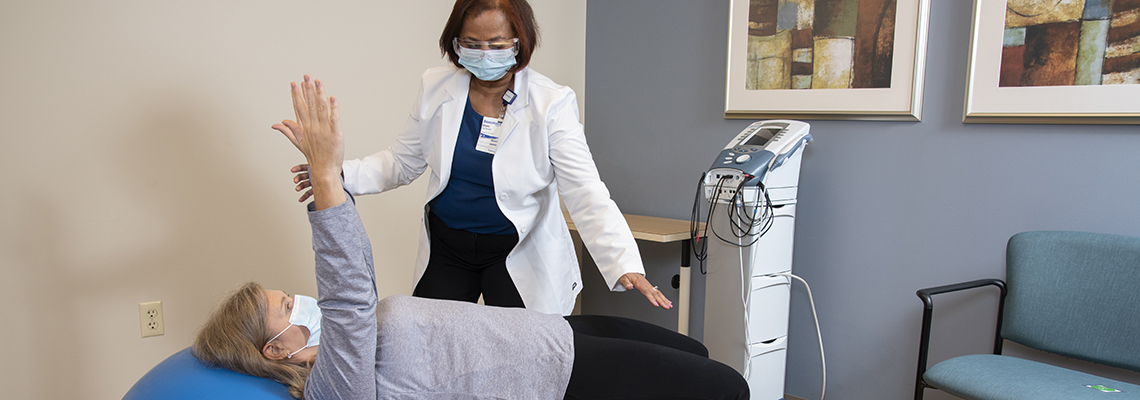The Crucial Effect of Strength Training on Improving Recovery and Effectiveness in Sports Rehabilitation
The Crucial Effect of Strength Training on Improving Recovery and Effectiveness in Sports Rehabilitation
Blog Article
Strength conditioning plays a vital part in sports rehabilitation, assisting sportspeople heal from traumas and enhance their general capabilities. When an athlete sustains injured, their physique requires time to recover. However, during this recovery phase, it is crucial to preserve strength and mobility to prevent additional injuries. Resistance training can be customized to suit the needs of each individual, concentrating on particular muscle areas that may have been affected by the injury. This focused approach not only assists in recovery but also prepares the athlete to come back to their sport more robust than previously.
One of the primary benefits of resistance training in recovery is its ability to improve muscle power and endurance. When muscular tissues are stronger, they can more effectively support articulations and reduce the chance of re-injury. For instance, an individual healing from a leg trauma can gain from workouts that fortify the quadriceps and back thigh muscles. These muscles play a crucial role in supporting the knee joint. By including resistance conditioning into their rehabilitation plan, athletes can regain their power more efficiently and safely.
In furthermore to building strength, resistance training also enhances flexibility and scope of motion. Many injuries can result to rigidity in the injured region, making it challenging for athletes to move easily. Strength training exercises often include stretching and elongating the muscular tissues, which can assist restore mobility. For instance, incorporating weight bands or dumbbells into flexibility routines can improve the efficacy of these exercises. As flexibility improves, athletes can perform movements more efficiently, which is crucial for optimal capabilities in their activity.
Another crucial factor of strength training in sports rehabilitation is its beneficial effect on psychological health. Recovering from an injury can be a difficult and exasperating process for athletes. Engaging in strength conditioning can offer a feeling of accomplishment and boost confidence. As individuals see gains in their power and abilities, they may feel more driven to persist their recovery process. This mental boost can be just as crucial as the bodily benefits, as a positive attitude can result to better outcomes in recovery.
Finally, resistance conditioning can help athletes move back to their activity more seamlessly. Once they have recovered their power and flexibility, athletes need to practice activity-specific actions to guarantee they are prepared for contests. Resistance conditioning can be integrated with activity-specific drills to create a comprehensive recovery program. This combination allows athletes to not only Click This Link heal but also enhance their performance. By concentrating on both recovery and capabilities, resistance training becomes an essential instrument in the rehabilitation process, assisting athletes return to their activity stronger and more resilient.